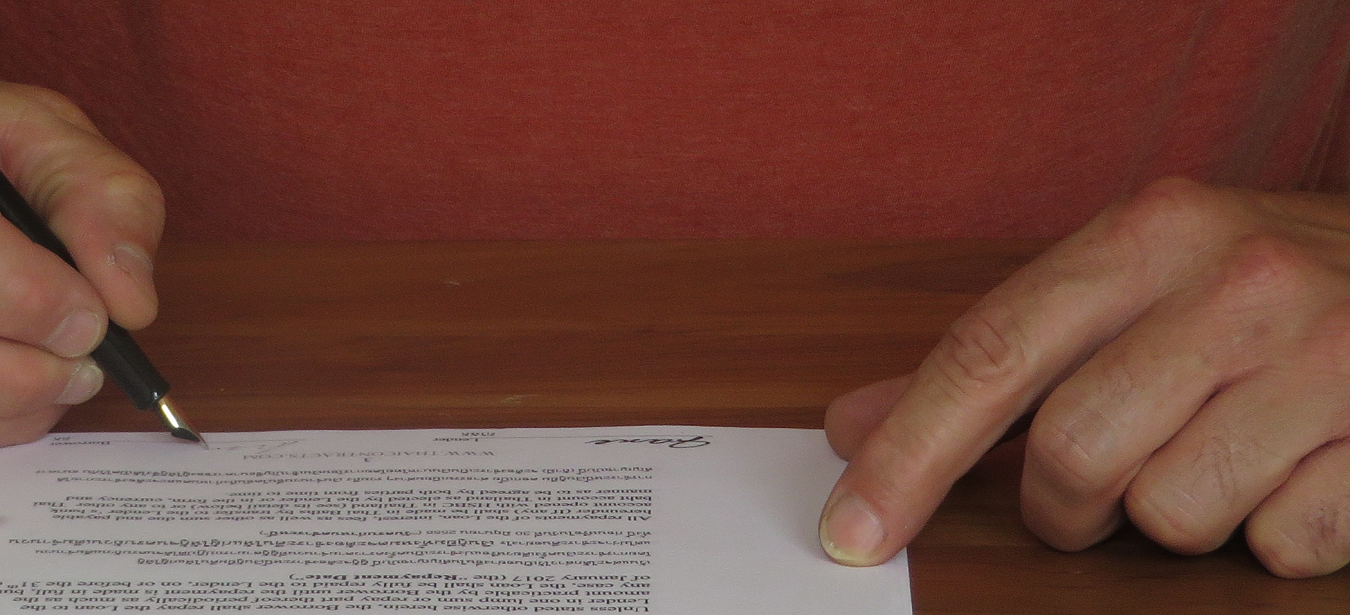Living Wills in Thailand – A Practical Guide for Expats
Updated 26 May 2025

A living will in Thailand sometimes called an advance directive, lets you spell out the medical treatments you do not want if serious illness leaves you unable to speak for yourself. The few pages you sign today spare your family wrenching decisions tomorrow and give Thai doctors the legal certainty to honour your wishes without hesitation.
Understanding the Law
The right to refuse futile treatment comes from Section 12 of the National Health Act B.E. 2550 (2007). In a single sentence the Parliament confirmed that any competent person may decline interventions that merely prolong the dying process or opt instead for comfort-only care. Doctors and nurses who follow a valid directive are shielded from civil or criminal liability, provided the document meets the format laid down in an accompanying ministerial regulation.
“A person shall have the right to make a written declaration in advance stating that they do not wish to receive health services intended only to prolong life or to relieve suffering from illness in the terminal stage. Such declaration shall be respected and complied with by medical professionals and public health personnel…”
Professional guidelines from the National Health Commission Office clarify common refusals—CPR, mechanical ventilation, artificial feeding, dialysis, and urge hospitals to store directives where staff can retrieve them instantly during an emergency.
What Makes a Thai Living Will Valid?
Five elements matter. First, commit the directive to paper and sign it while you are mentally sound. Second, state plainly which treatments you accept or refuse and under what circumstances (“no CPR if recovery to an independent life is unlikely,” for example). Third, invite two adult witnesses with no stake in your estate to sign the same page; their presence shows that you acted voluntarily. Fourth, mention Section 12 by name and keep the language broadly consistent with the ministerial regulation. Finally, ensure doctors can find the document fast: lodge copies with your hospital and GP and keep another with your passport. Foreigners often add a notary seal for extra authenticity, though the law does not require it.
Why Expatriates Should Act Now
Thai hospitals tend to pursue every life-prolonging measure by default. During a crisis your partner may struggle to explain nuanced wishes in Thai or reach relatives on another continent before decisions are due. Provincial hospitals can also be cautious about limiting care unless the paperwork is crystal-clear and bilingual. Preparing a living will in advance removes these obstacles, letting staff focus on comfort rather than bureaucracy.
The Drafting Process, Step by Step
Begin with an honest conversation about goals of care with your physician or a palliative-care nurse. Once preferences are clear, download a trusted bilingual template or instruct a solicitor to draft from scratch if your medical history is complex. Sign in front of your witnesses—the hospital may invite a senior doctor to countersign—and distribute copies the same day. Most hospitals prefer to see a directive no older than three years, so mark a yearly reminder in your calendar.
Translation, Cost and Easy-to-Avoid Mistakes
A certified English-Thai version costs roughly 1,500 – 3,000 THB; a bespoke, notarised package from a specialist firm runs 10,000 – 20,000 THB. The biggest errors are importing a foreign form that ignores Thai wording, relying on ambiguous phrases like “do what is best,” forgetting to file a copy with the hospital, or mixing medical instructions with property matters better handled in a last will.
Finding Reliable Help
Large private hospitals—Bumrungrad and Bangkok Hospital among them, keep bilingual samples on file; check that Section 12 appears in full. Law firms that cater to the expatriate community can tailor and notarise a directive in a single visit. For the do-it-yourself route, the National Health Commission Office offers free templates and guidance online.
Quick FAQ
Does a Thai living will need to be notarised?
No. A notary is optional, though many foreigners choose one for extra certainty.
Can foreigners create a living will in Thailand?
Yes, provided the document follows Section 12 and the ministerial regulation.
Must the living will be written in Thai?
A bilingual English-Thai version is strongly recommended to avoid confusion in emergency wards.
Is euthanasia legal in Thailand?
No. Active euthanasia remains illegal. A living will only allows refusal or withdrawal of life-prolonging treatment.
For related planning topics, see our guides on writing a last will in Thailand and read the full National Health Act 2007 (PDF).

